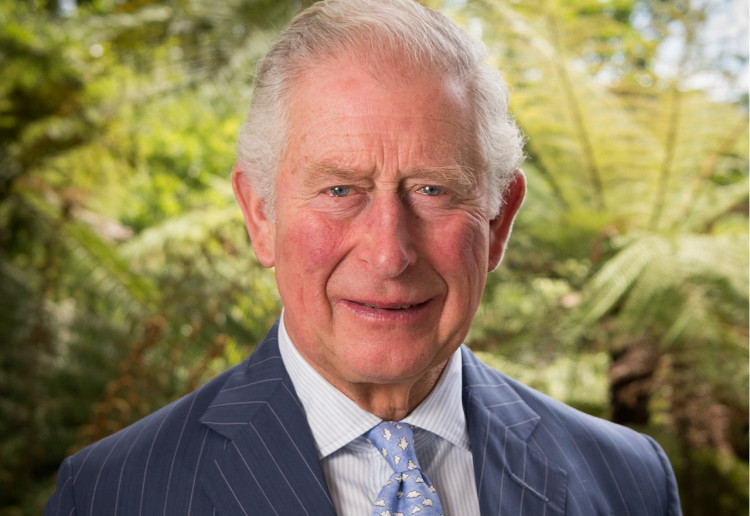In the grand tapestry of British monarchy, the ascension of a new king or queen has always been accompanied by age-old traditions, privileges, and certain exemptions that are exclusive to the sovereign. King Charles, who officially assumed the throne on September 8, 2022, following the demise of Queen Elizabeth II, is no exception.
Commander-in-Chief of the Armed Forces
King Charles, as the reigning monarch, holds the unique power to command the Armed Forces. He not only serves as its head but is also recognized as the commander-in-chief. This isn't just a ceremonial title for him; King Charles has actively served in the Royal Navy and Royal Air Force.
The Power to Declare War
The British Royal Family's official website states that King Charles is the sole person in the monarchy with the authority to declare war and peace, a power known as his royal prerogative. While monarchs of the past wielded broad powers, today's monarchs act on the advice of the elected government.
Driving Privileges
King Charles, like his mother Queen Elizabeth II, doesn't require a driver's license. This is because licenses in the UK are issued in the monarch's name, making it redundant for him to possess one. Furthermore, he can drive without worrying about speed limits or even having a license plate on his vehicle.
Ownership of "Royal Fish"
An ancient statute from 1324 declares whales and dolphins as the Crown's property, categorizing them as "royal fish." King Charles also has rights over sturgeons, porpoises, and any marine life captured within three miles of the UK.
Dual Birthdays
Monarchs in Britain have the tradition of celebrating their birthdays twice a year. King Charles, born on November 14, will also have an "official" birthday celebration on a weekend in June, coinciding with the annual Trooping the Colour military parade.
Exemption from Prosecution
The British monarch enjoys sovereign immunity, which means King Charles cannot be arrested or involved in any civil or criminal proceedings. This immunity ensures that the monarch cannot undergo any criminal investigation.
Legitimizing Laws and GrantingPardons
While the Parliament plays a pivotal role in law-making, it's the monarch's signature that legitimizes these laws. King Charles also has the "royal prerogative of mercy," allowing him to pardon convicted criminals or reduce prison sentences.
Face on Currency
Following Queen Elizabeth II's passing, her image on British currency and stamps was replaced with that of King Charles. The Bank of England unveiled new banknote designs featuring King Charles, set to circulate in 2024.
Setting a Royal Dress Code
Before his coronation, speculations arose about potential changes to the royal dress code under King Charles's reign. Historically, aristocracy wore special robes for coronations, but this tradition might see a shift under the new king.
Traveling Without a Passport
King Charles is among the very few global figures who can travel without a passport. British passports are issued in the monarch's name, making it unnecessary for him to have one.
Tax Exemptions
Despite the vast wealth associated with the monarchy, King Charles is not obligated to pay taxes. However, it's worth noting that Queen Elizabeth II voluntarily paid income and capital gain taxes during her reign.
In the ever-evolving dynamics of the British monarchy, King Charles's reign marks a blend of tradition and modernity. As he navigates his role, the world watches with keen interest, waiting to see how he will shape the future of the monarchy.





